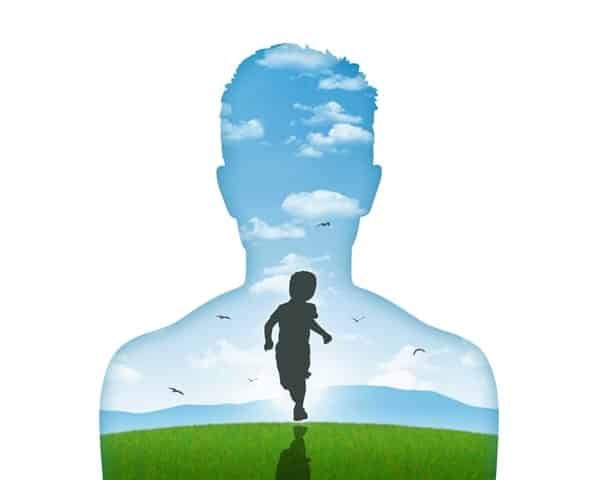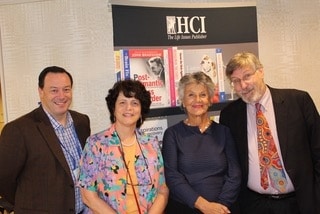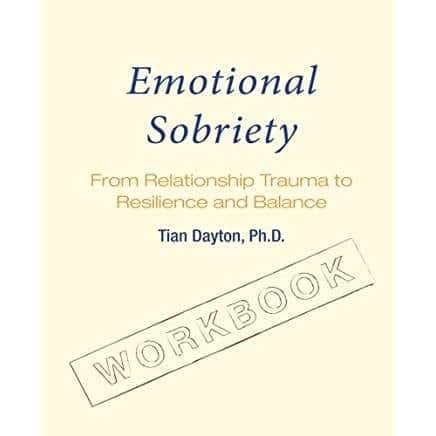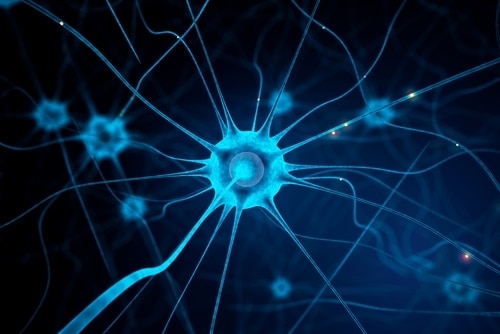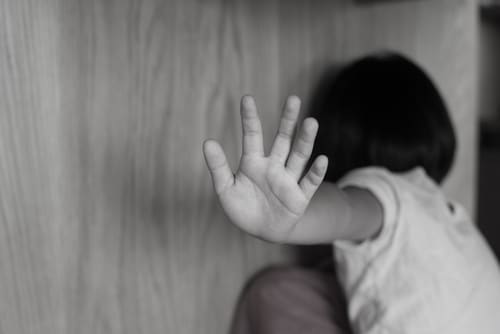
The Nature of Traumatic Memory: Why Our Memories Terrifying Events are Spotty
As a psychologist who works with trauma, I am very much aware of how difficult it can be to recall details of a traumatic experience. Even the question, “can you tell me about your trauma?” can be befuddling, if not somewhat disturbing, to one who has experienced it... Read More




